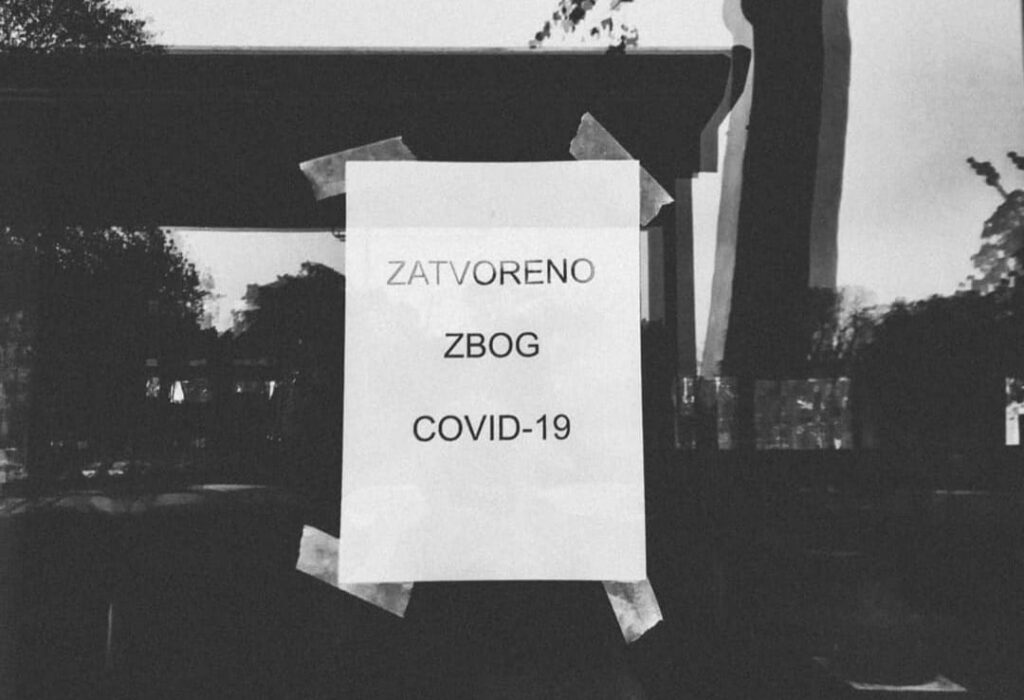
Access to the highest standard of healthcare is one of the fundamental rights of every human being, regardless of race, gender, religion, political beliefs, economic or social status. However, in practice, the situation indicates the opposite – on a global level, when it comes to access to healthcare, inequality is ever present. That is why the World Health Organization is marking this year’s Health Day with the slogan “building a fairer and healthier world”.
For over a year, the entire world has been battling the COVID-19 pandemic. This struggle has brought to light the crucial importance of public health, but also the problems in public health care that have been ignored for years, and lead to suffering of the most vulnerable and marginalized groups of citizens.
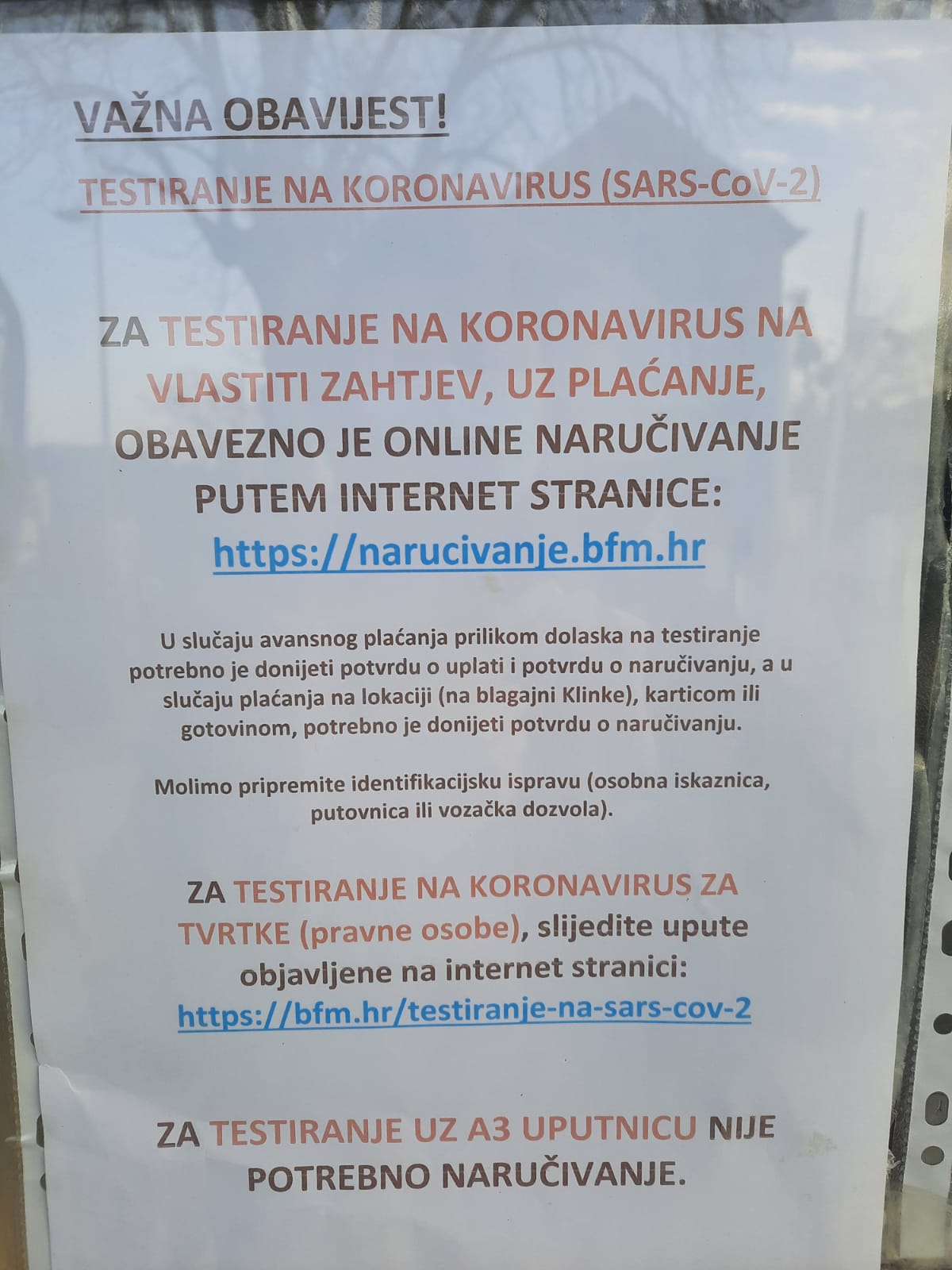
Healthcare in the Republic of Croatia is a Constitutional right guaranteed to all citizens. However, in practice, this is not the case. In the conditions of a pandemic, when numerous departments of public health institutions have been repurposed for the care of COVID patients, others have been reduced in accordance with epidemiological measures, and medical staff are overburdened to the limits of human endurance, accessing adequate and timely medical care feels like playing a game in which winning depends, above all, on the availability of information.
Getting a family doctor on the phone in Croatia was a challenge for many, even before the pandemic, and has only intensified over the past year. You will often listen to the sound of a busy line for hours, if not days, before an overworked doctor, nurse or technician answers your call. Whether it is coronavirus symptoms, which can easily be symptoms of the flu or other seasonal viruses, or mild or severe chronic or acute illnesses – when it comes to healthcare, days, and sometimes hours, mean the difference between faster or slower recovery, milder or more severe consequences of the illness, between protecting and endangering the safety of family members and loved ones, and sometimes the key difference – between life and death.
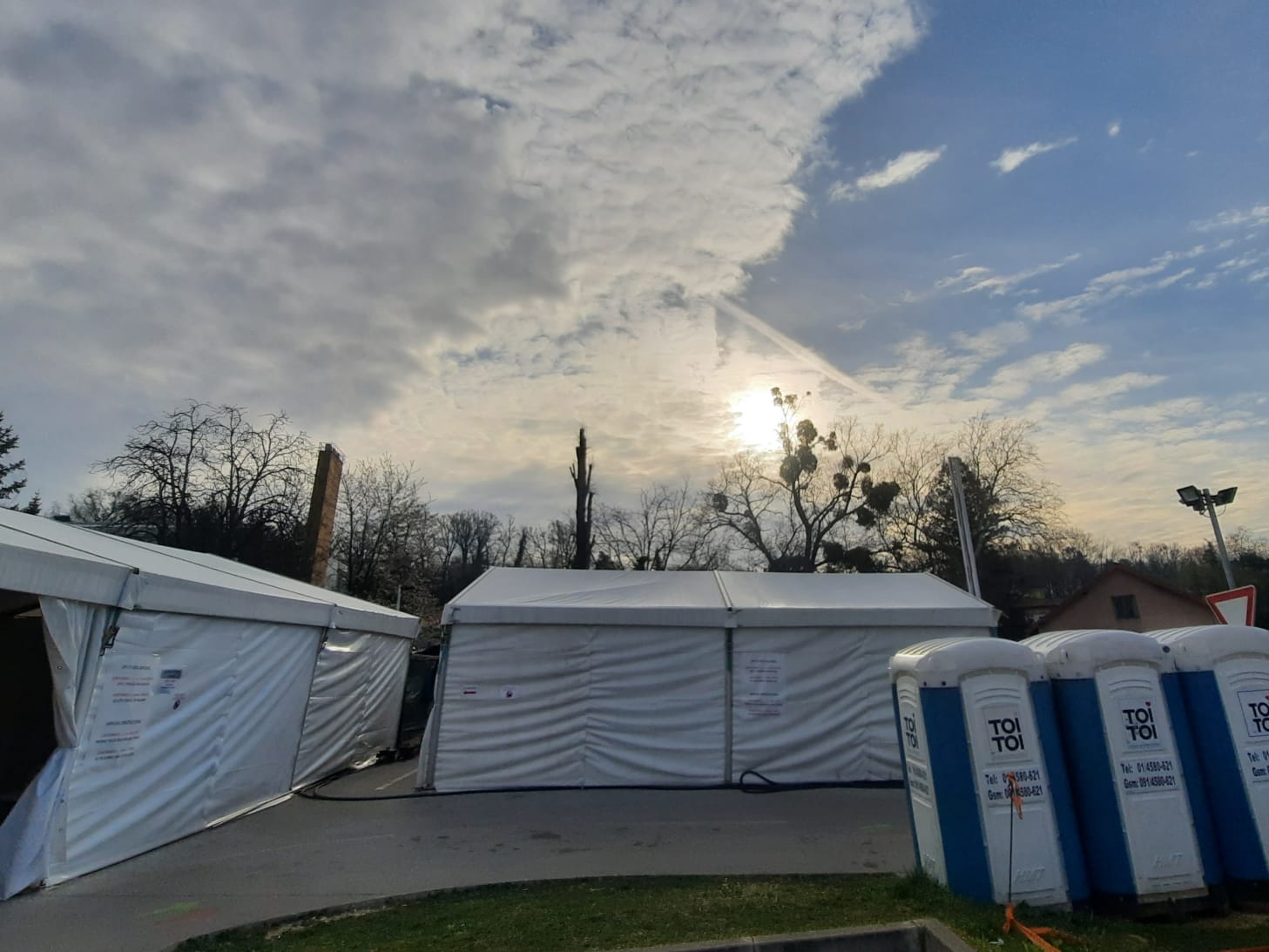
During the past year, we have learned that adequate and timely medical care in the Republic of Croatia is available to those who have enough knowledge and time to break through the sea of, often conflicting, information that we are buried under on a daily basis, who are sufficiently informed and medically literate, and finally, as is common in the Balkans, who “have someone” who works in the overloaded system.
Despite the shortcomings that have become even more pronounced during this challenging time, the past year has also shown that Croatian society is rooted in solidarity: from family doctors giving their private cell phone numbers so they can be contacted after working hours, nurses staying to take your swab after their double shift, instead of going home to their families, to colleagues at work making sure that you don’t feel guilty for dealing with health problems during this crisis, and neighbors who were complete strangers until recently leaving cooked meals on the doorsteps of those in self-isolation.
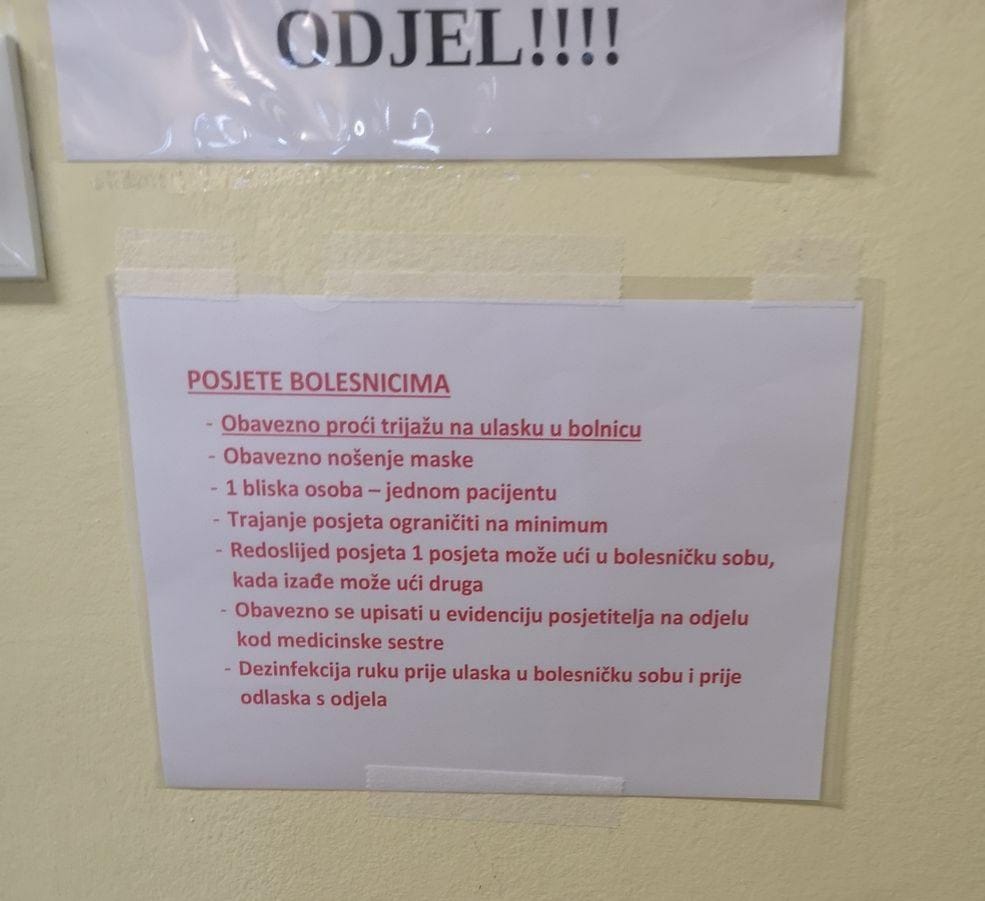
On this year’s World Health Day – and every day of the year – the SOLIDARNA Foundation stands by all of those experiencing and struggling with the challenges of this pandemic. This is why we emphasize: the health of the nation cannot and must not depend solely on civic solidarity. Systematic changes are necessary!
Our efforts to fight for these changes will not stop at appeals. SOLIDARNA Foundation is a member of the new advocacy network: “Health Observatory”, for monitoring and influencing the accessibility and quality of health care. The network will be developed through a three-year project of the same name with the support of the European Social Fund, led by NGO Krijesnica and a total of 18 partner organizations and institutions, through close cooperation of citizens, scientists, health workers and trade unions as a lever to change our health system and make it work for everyone!
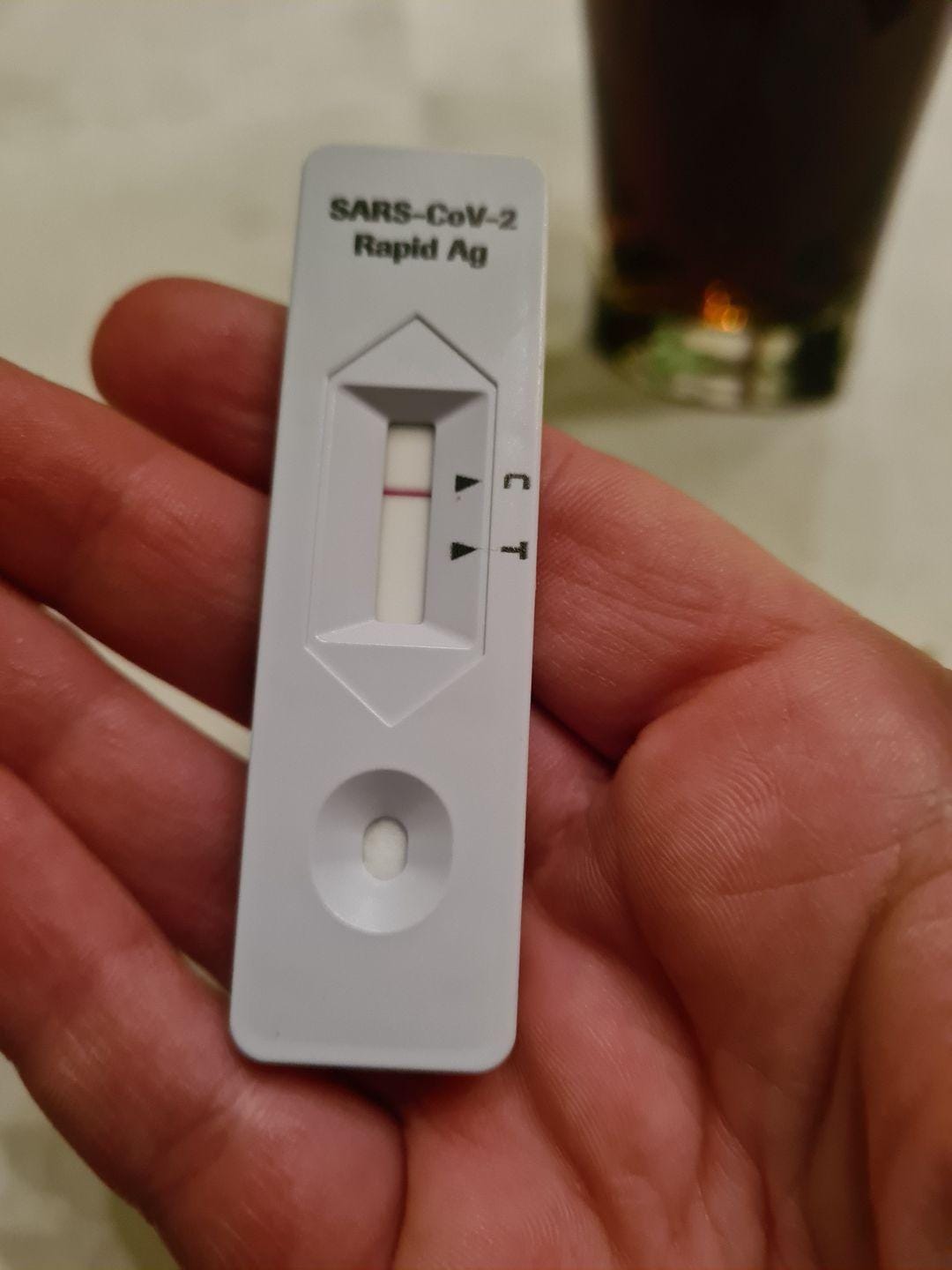
We will continuously collect information on the needs and experiences of citizens in accessing healthcare, monitor the effectiveness of health policies, conduct case studies and propose innovative guidelines to decision makers to create more efficient and affordable health care for all citizens and better working conditions for health workers.
In these trying times of the pandemic, change starts with yourself, but it is also important to extend that change into the community – from the family to the Parliament – the responsibility is half the battle!
#Solidarity is the #NewNormal!